One thing that I could never forget in the course of my nursing education was this: We are not allowed to get attached to our patients because that is against the code. Furthermore, allowing ourselves to grieve full frontal from the loss of our patient while working in our shift is strictly branded as unprofessional. But what people failed to realize, especially for those who had a malicious impression on us nurses, was that the profession did not train us to be stoic. We are just not allowed to show how traumatized we actually are, which is why nurses tend to hide their tears if ever the unexpected loss of their patient happened.
In a way, a nurse would tend to cry because of the frustration that the death of someone could bring. Come to think of it, we are trained to save a life. To watch life pass through our fingertips beyond our control is an oddity to the profession. We are in a way, useless. We are never enough. And that is a level of frustration that is worthy of tears.
After the physician tells a family member that the worst thing had happened, we feel the weight of the pressure on us. We may be veterans and we might have gotten used to the feeling, but the feeling is still there, dormant, waiting to be given recognition. We have to act strongly first for the people left behind which is why the moment of our grief has to wait.
The Fear of Being Unprofessional
Nurses have seen too many deaths to last them a lifetime. Some of the deaths have left scars in our life. We have to go home, hide, and empty our hearts out in silence. Such pain in our profession is falling short of a healthy outlet right at the moment that we felt the need to grieve and be plain human beings. And this is, in a way, stressful for the nurse.
Nurses are moved every single day, yet we have this fear that the action of weeping is making us unprofessional.
There are moments in our career when we wipe a tear or two from what our patient has revealed to us or from the pitiful look of an infant attached to tubes and wires. Nurses are moved every single day, yet we have this fear that the action of weeping is making us unprofessional. Some of the patients would be shocked when they see that their therapists or a member of the medical team are not in control with their emotions. Often times, this is regarded as being too soft in a profession where you are required to fortify yourself to have tougher skin and gut. Sometimes, crying would result to bullying between the nurses themselves.
Tearing up in the aftermath of a code red or right after you leave the deathbed of someone whom you have attended to is beyond what you are required to do. You are a nurse, and you are required to give medical care. Other than that is out of the question. You are handling four or ten patients at the same time. You do not have time to grieve; other patients are calling for you in the next room. Thus so much has been hidden under our sleeves, and nurses are left in silence craving for mutual sympathy. The general public even has this notion that nurses are emotionless. And this is becoming an alarming reason for nurses to quit the job after years of service to the people.
Becoming Humanized
Let’s be consensual on this matter. The healers needed the time out like most of us do.
I want to generate a movement where nurses, especially the new ones, are willing to be vulnerable. We need to change the misconception of being unprofessional when we cry. Nurses get sad too, as they are human beings with a heart.
Crying is a good way of sharing the pain of the loved ones…
Crying is a good way of sharing the pain of the loved ones whom the deceased had left behind, of saying how much the patient has touched our lives in the short span of time that we knew them, and of comforting our own frustration due to the limitations that we have as a nurse. Let us remove the social stigma that we should not get attached to the patients. It is time to accept and understand that our profession is all about human connection, and showing emotion is in a way comforting both for the patients and the nurses alike.
So to wrap this all up, we should not trivialize the tears of our nurses. Let them cry in front of you. It is a sign that the nurse had done the best that he or she could.

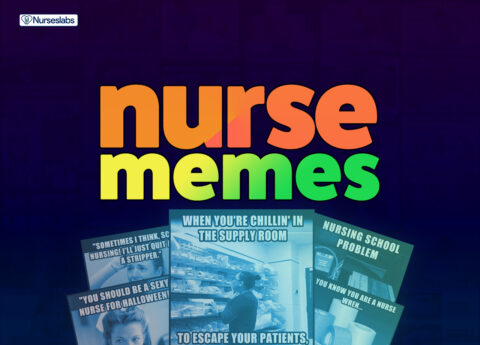
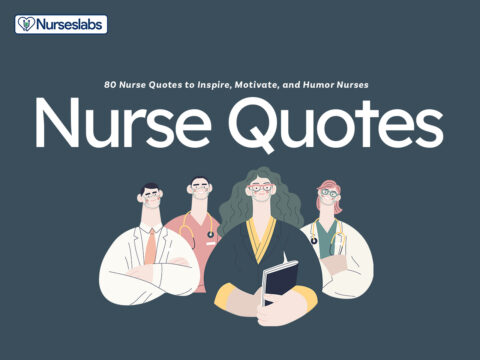
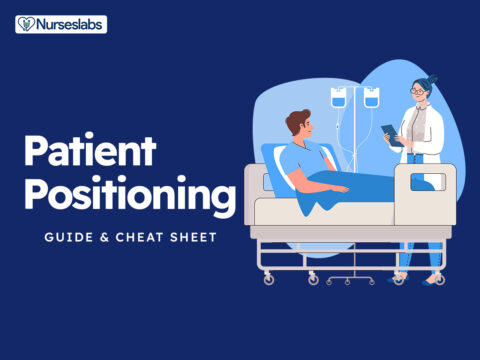

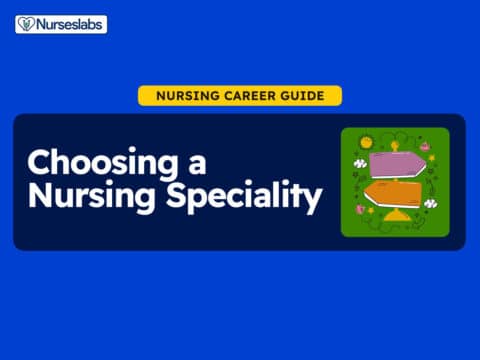


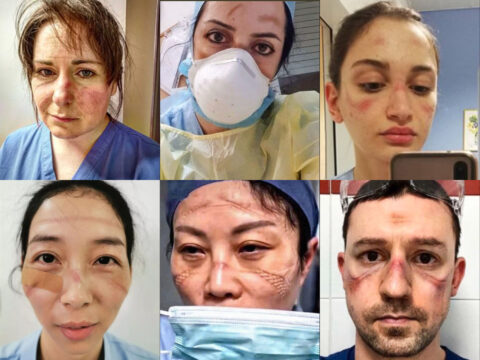
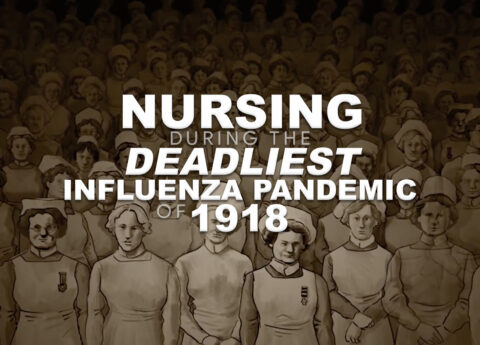



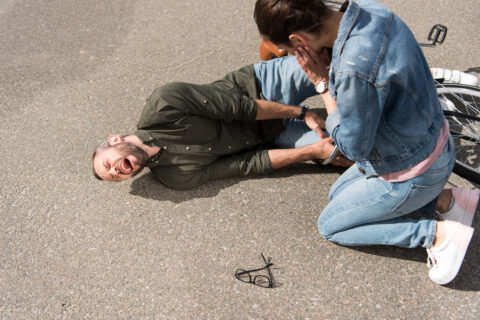


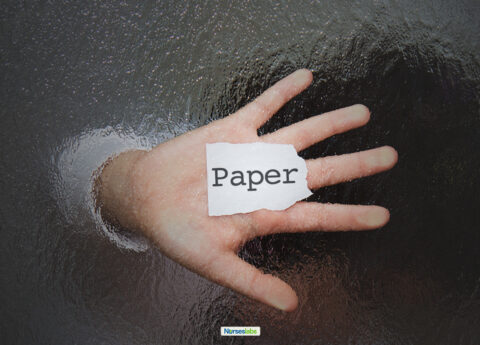
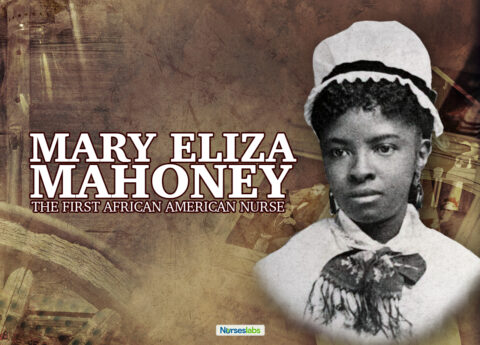








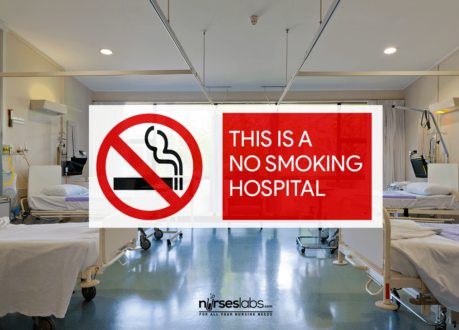
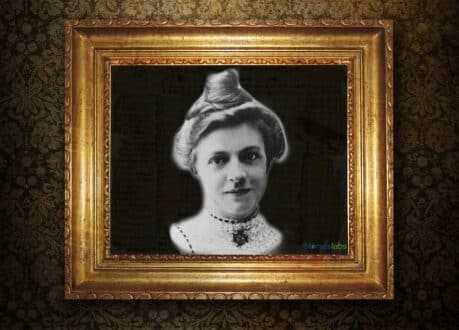
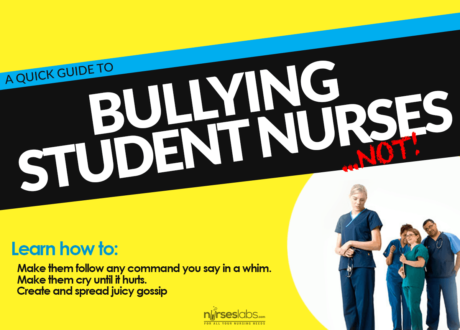





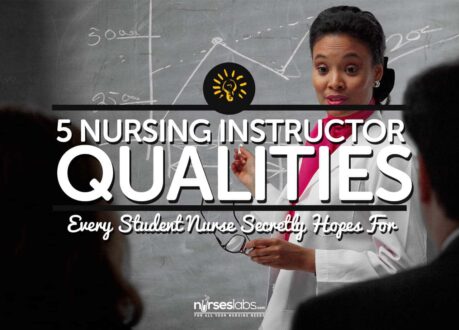

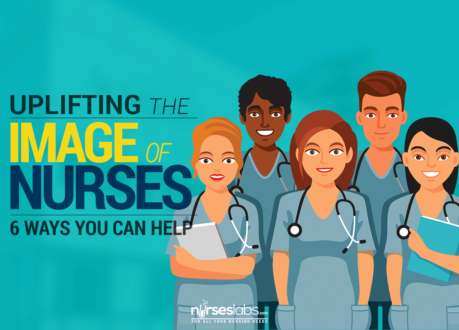
Leave a Comment